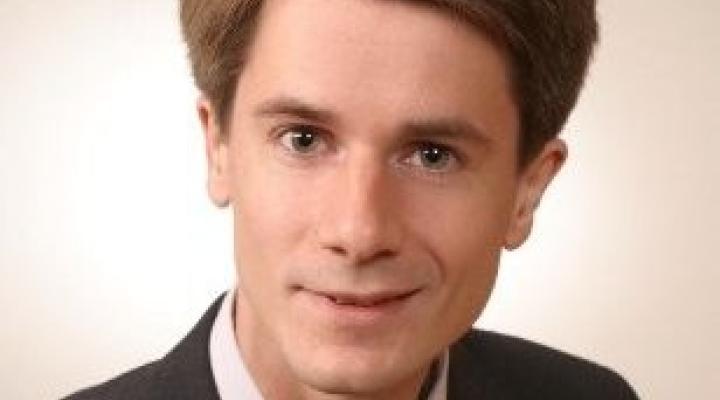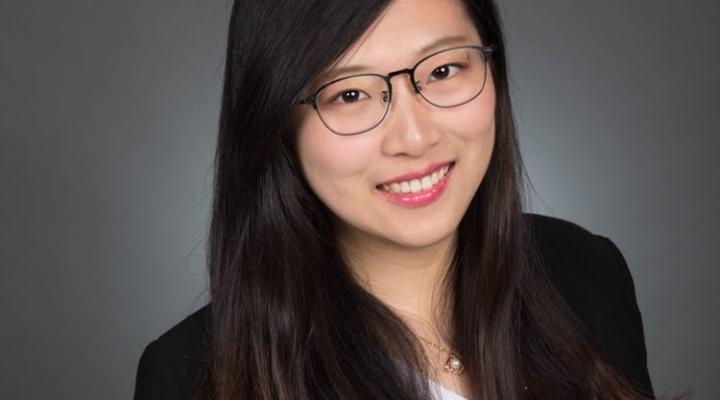Itai Gurvich has joined the faculty of Cornell Tech as an associate professor of operations research and information engineering. Gurvich comes to Cornell after eight years on the faculty at Northwestern University’s Kellogg School of Management in the operations department.
Gurvich’s research is a strong mix of the theoretical and the applied. His theoretical work is focused on applied probability, with an emphasis on the study of approximations for both performance analysis and optimization of queues, as well as for other stochastic systems. His applied research uses mathematics to better understand service operations, with a special emphasis on the healthcare delivery process.
Gurvich was born in Israel and grew up near Tel Aviv. He earned an undergraduate B.S. degree in industrial engineering from the Israel Institute of Technology (Technion). “I majored in industrial engineering because it was broad-based and left open many options,” says Gurvich. “During the second year, I started to concentrate on the mathematical side of things. It gave me a real sense of satisfaction—math can be very elegant.”
He then continued at the Technion, working closely with his mentor Professor Avishai Mandelbaum and earning an MS in Operations Research. Gurvich’s Master’s work at the Technion gave him a lot of experience in graduate-level research and positioned him well for a Ph.D. program in Decisions, Risk and Operations at Columbia University’s Graduate School of Business in New York. After earning his Ph.D. in 2008 Gurvich joined the faculty at the Kellogg School and developed his areas of expertise in Queuing Systems and Service Management.
In the time since Gurvich has become a professor, there has been an increasing focus on the healthcare system in the United States and its many inefficiencies. Gurvich’s strengths as a researcher position him ideally to examine specific aspects of the healthcare system, to analyze their performance, to identify some of the underlying structural issues that might not be apparent, and to recommend changes that would make the system perform better.
“The national focus on healthcare has certainly presented me with some interesting opportunities for research,” says Gurvich. “It is interesting not just from the intellectual point of view, but also because I find it leads to more interesting things to study—it motivates theoretical questions about processing-network theory.”
Gurvich is excited to join the faculty at Cornell Tech. “New York City offers so many opportunities for research and for applications,” says Gurvich. “And it will be great to feel what it is like to be part of a start-up as Cornell Tech moves into our new campus.”





